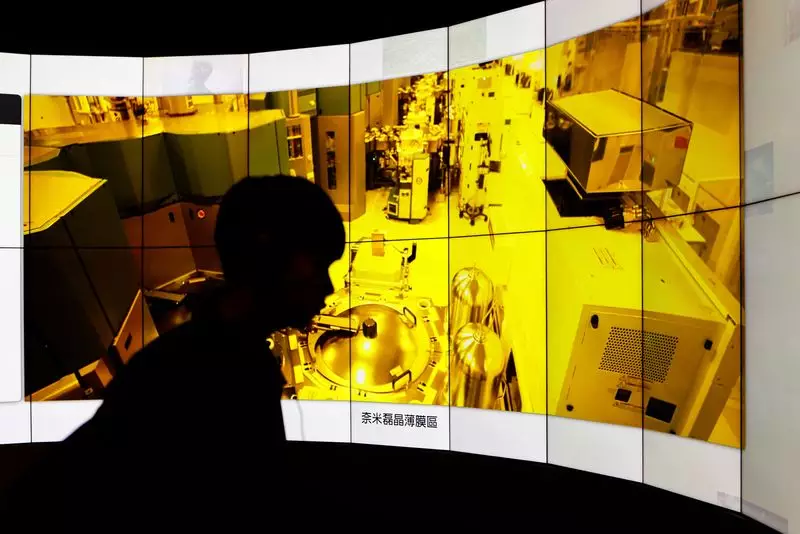In a significant escalation of trade tensions between the United States and China, the U.S. Department of Commerce has mandated Taiwan Semiconductor Manufacturing Company (TSMC) to cease shipments of advanced chips to Chinese clients. This decision, effective immediately, targets chips with designs of 7 nanometers or more—technologies integral to artificial intelligence (AI) and graphics processing units (GPUs). The implications of this move resonate throughout the global semiconductor supply chain and underscore the evolving geopolitical dynamics between the two superpowers.
The U.S. order comes in the wake of alarming findings concerning a Huawei AI processor that contained a TSMC chip. This revelation emerged from an analysis conducted by Tech Insights, which sparked heightened scrutiny on TSMC’s supply chain processes. Huawei, which is currently on the U.S. government’s restricted trade list, requires special licenses to receive technology or goods from external suppliers. The U.S. has consistently demonstrated its refusal to allow any advancements that could bolster Huawei’s AI capabilities, fearing national security implications. The Commerce Department’s expeditious “is informed” letter enables swift implementation of new export requirements, potentially complicating global technology collaborations further.
TSMC, a critical player in the global semiconductor landscape, has confirmed its compliance with these restrictions, highlighting its commitment to adhering to international regulations. However, the suspension of shipments will undoubtedly create significant disruption within the Chinese semiconductor sector. TSMC has also halted shipments to the chip designer Sophgo after their chip was found in the aforementioned Huawei processor, indicating a broader crackdown on technology exchanges within the industry.
Many Chinese companies that depend on TSMC for advanced chip technology are now facing uncertainty. With restrictions on 7 nanometer chips effectively in place, their ability to continue innovating in the AI space may suffer significantly, resulting in potential setbacks in product development and market competitiveness.
These restrictions form part of a larger narrative around U.S. efforts to tighten control over semiconductor technology exports to China. Lawmakers from both the Republican and Democratic parties have expressed concerns about the existing inadequacies in enforcement of export controls. The Commerce Department has previously issued “is-informed” letters restricting major firms such as Nvidia and AMD from exporting high-performance AI chips to China, as well as limiting the capabilities of equipment manufacturers like Lam Research and Applied Materials.
As a result, U.S. semiconductor companies could find their markets significantly restricted as they attempt to navigate a complex regulatory environment. If these constraints continue or expand, American firms may be compelled to lead a re-evaluation of their global strategies while also risking diminished revenue from the Chinese market—one of the largest consumers of technology.
The recent actions underscore escalating geopolitical tensions, particularly in the realm of technology. The Biden administration’s endeavors to tighten tech export regulations come amidst fears of China’s growing capabilities in AI and advanced technology. Analysts are closely watching to see if other entities will exploit loopholes to circumvent these bans, potentially leading to an arms race in technology innovation with national security implications.
As the U.S. prepares to draft new regulations concerning technology exports to China, the landscape of international tech collaboration may reshape itself to accommodate these burgeoning challenges. As indicated in reports, additional restrictions on around 120 Chinese firms could further solidify these barriers and curb future innovations stemming from cross-border collaborations between U.S. and Chinese firms.
The directive enforced upon TSMC marks a crucial pivot in the U.S. strategy to contain China’s technological advancements, particularly in the burgeoning field of AI. As the repercussions unfold across the technology sector, companies will need to adapt swiftly in an environment characterized by uncertainty and rapid change. The ripple effects will challenge established supply chains, threaten innovation, and reshape the future landscape of the semiconductor industry on a global scale. The ongoing tension will force entities on both sides to rethink their operations and strategies while grappling with an increasingly fractured technological ecosystem.

